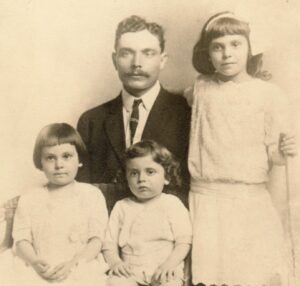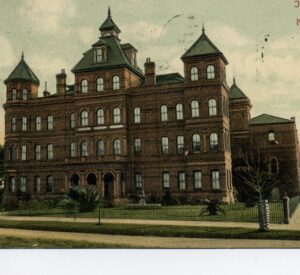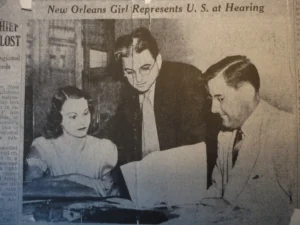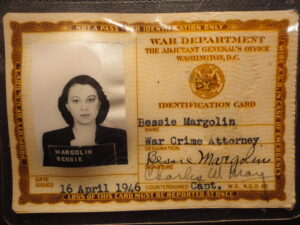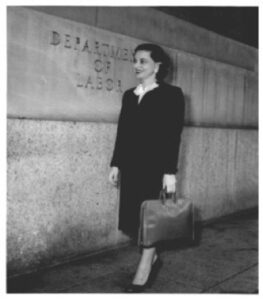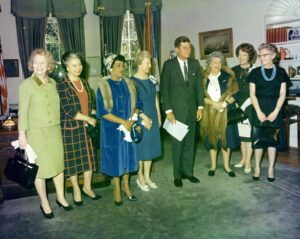More About Bessie Margolin
Timeline, Photos, and Audio Clips
1909 Bessie Margolin was born in the Brownsville neighborhood of Brooklyn, NY to recent Russian immigrant parents.
1909 After her mother’s death, Margolin enters New Orleans’s Jewish Orphans’ Home with siblings, as “half-orphans.”
1925 Margolin graduates from Isidore Newman School in New Orleans and wins a scholarship to Newcomb College.
1930 After transferring to Tulane, Margolin receives undergraduate and law degrees; following graduation, she is hired as a research assistant to Prof. Ernest Lorenzen at Yale Law School.
1932 Margolin receives Yale’s Sterling Fellowship, the first time awarded to a woman, and pursues doctorate in law (JSD) under the direction of Professor William O. Douglas.
1933 As its first woman lawyer, Margolin joins New Deal’s fledgling Tennessee Valley Authority and helps defend the constitutionality of its power program.
1939 Seeking new challenges, Margolin transfers to Labor Department’s Wage & Hour Administration to implement new Fair Labor Standards Act (FLSA).
1942 After presenting evidence to Labor Secretary Frances Perkins of what Margolin termed “unconscious discrimination” preventing her advancement, Margolin receives promotion to Assistant Solicitor of Labor.
1945 Margolin presents the first of her 24 arguments at United States Supreme Court, becoming the 25th woman to argue at the Supreme Court and one of only three women to argue there two dozen or more times during the twentieth century.
1946 While on loan to the Army for 6 months in Nuremberg, Germany, Margolin drafts rules establishing American Military Tribunals to adjudicate Nazi war crimes in the Subsequent Proceedings.
1947 After returning to Labor Department to resume court enforcement of FLSA, Margolin is investigated by FBI under the federal loyalty program; her loyalty will be questioned again during the 1950s.
1953 The Labor Department presents Margolin its Distinguished Service Award for “significant contribution to the authoritative construction of Federal labor laws” in presenting appeals with “consummate skill and clarity.”
1962 Margolin uses the year-long sabbatical she wins from the Labor Department’s Career Service Award to attend Harvard’s School of Public Administration and then to research labor issues (including equal pay for women) throughout Europe.
1963 Following her sabbatical, Margolin is promoted to Associate Labor Solicitor and Receives Federal Woman’s Award; she assumes responsibility for Labor Department’s trial and appellate litigation, including the new Equal Pay Act.
1966 A self-styled reluctant feminist, Margolin Joins the National Organization for Women (NOW) as a founding member.
1969 Margolin argues the first Equal Pay Act appeal, Shultz v. Wheaton Glass Co., and convinces the U.S Court of Appeals for the Third Circuit that the Act requires that jobs be “substantially equal,” not identical, a landmark ruling the Supreme Court declines to review.
1972 Margolin retires from the Labor Department, earning Chief Justice Earl Warren’s praise for developing “the flesh and sinews” around the “bare bones” of the Fair Labor Standards Act.
1982 Margolin named first recipient of Tulane Law School’s Distinguished Graduate Award.
1996 Following years of declining health, Margolin dies at age 87.
2013 Margolin is inducted posthumously into the inaugural class of Tulane Law School’s Hall of Fame; U.S. Department of Labor celebrates Women’s History Month by unveiling a poster featuring former Associate Solicitor Bessie Margolin; and U.S. Department of Labor celebrates its 100th anniversary, and marks the 75th and 50th anniversaries of the Fair Labor Standards Act and Equal Pay Act, by selecting Marlene Trestman to speak about Bessie Margolin for the 2013 Donald Shire Lecture.
Margolin spars with Justice Frankfurter in Steiner case, 1955
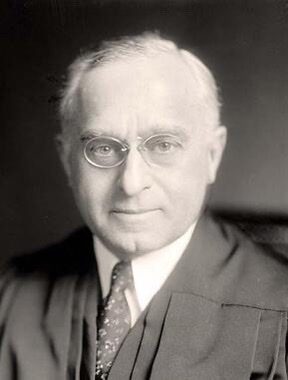
Laurence Silberman recounts discussing Wheaton with Margolin
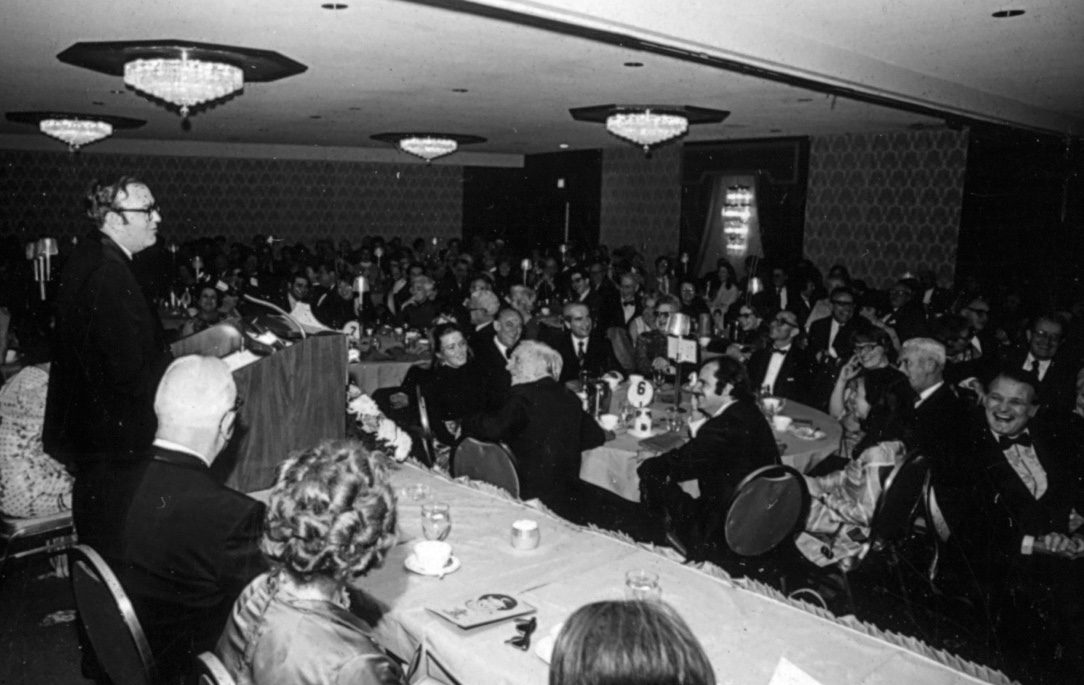
Chief Justice Earl Warren praises Margolin, 1972


